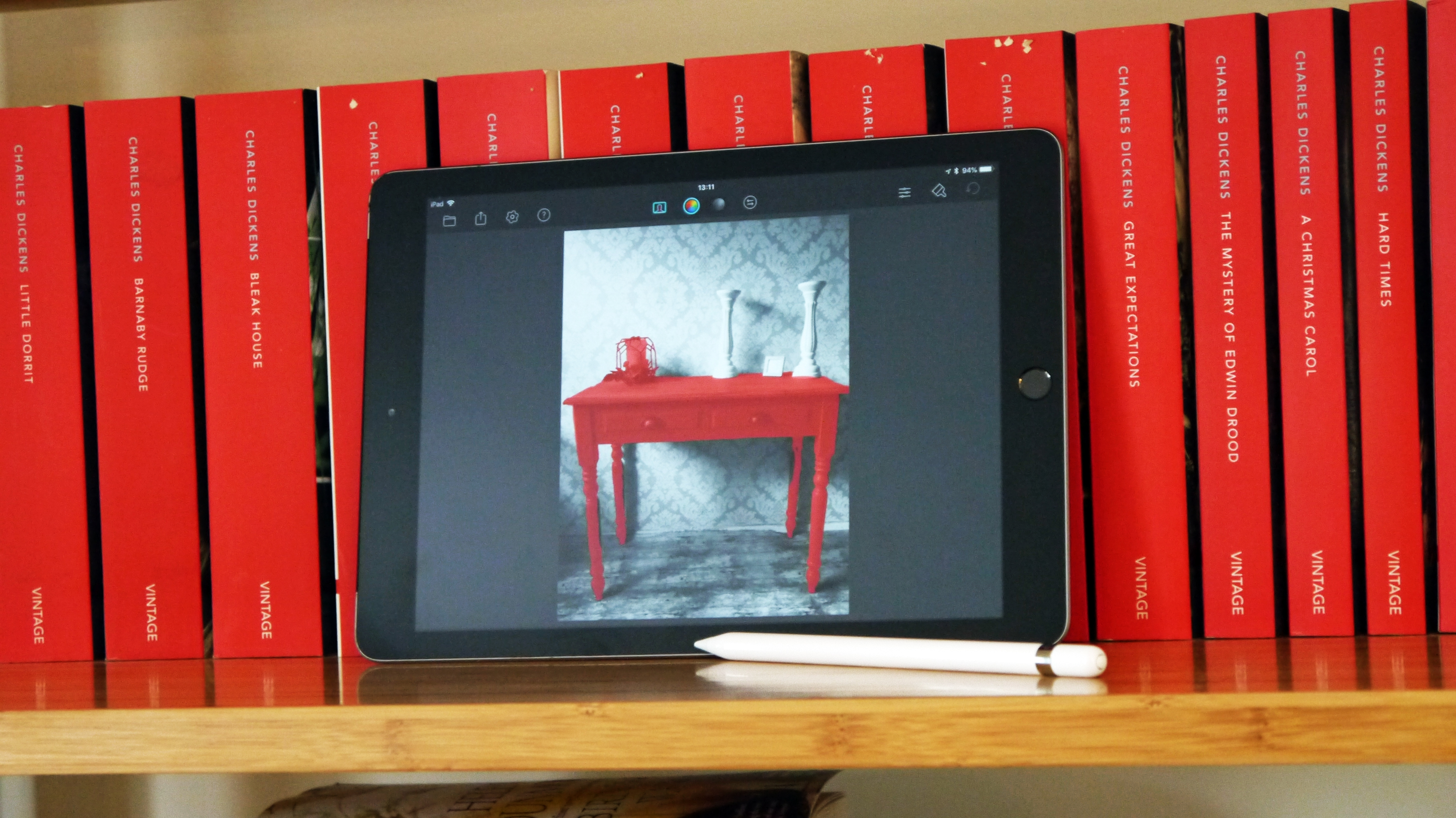Google just patented a foldable smartphone that's also a book
But it's highly unlikely it will be an actual product

Sign up for breaking news, reviews, opinion, top tech deals, and more.
You are now subscribed
Your newsletter sign-up was successful
Back before we used smartphones for everything, from reading and writing to art and business, we used an archaic technology called 'a book' – and it looks like Google might have plans to take us back to this dark time, albeit with a high-tech twist.
A patent found by LetsGoDigital shows a variety of designs Google is considering for its first folding phone, and one of them bears more than a passing resemblance to a good old-fashioned book, with multiple pages you can flick between.
- These are the foldable phones we know about
- What do we want to see in the Google Pixel 4?
- These are the best smartphones you can buy
The foldable book phone seems to resemble multiple Samsung Galaxy Fold-style handsets attached to each other, with each 'page' opening up to reveal a large screen that when closed is hidden away inside the device.
Other aspects of the patent show how the hinges and screens would work. We've actually seen some of the images before, when the first patent for a Google foldable was spotted, so it seems the company is building on its previous ideas.
We'll probably never see the Google foldable book phone
Google's patent shows a novel and inventive device – but also one that's completely and utterly redundant.
Those old book things had pages that couldn't change what they showed, and so we needed lots of these pages to show lots of information. However screens can change, and so we only need one of those to show lots of information.
No folding device needs multiple similar screens, as it would be quicker and easier just to change what the first screen shows than to flip to a second one – the Google foldable book phone's unique selling point makes it over-complicated, and therefore redundant.
Sign up for breaking news, reviews, opinion, top tech deals, and more.
On top of that patents don't always result in finished products, as they're used by companies as ways of testing ideas, so what this patent really offers is proof that Google is testing out complicated hinge mechanisms.
That's not to say we definitely won't see this design become a phone, as we can't tell the future for sure, but we'd be very, very surprised to ever see it on store shelves.

Tom Bedford is a freelance contributor covering tech, entertainment and gaming. Beyond TechRadar, he has bylines on sites including GamesRadar, Digital Trends, WhattoWatch and BGR. From 2019 to 2022 he was on the TechRadar team as the staff writer and then deputy editor for the mobile team.